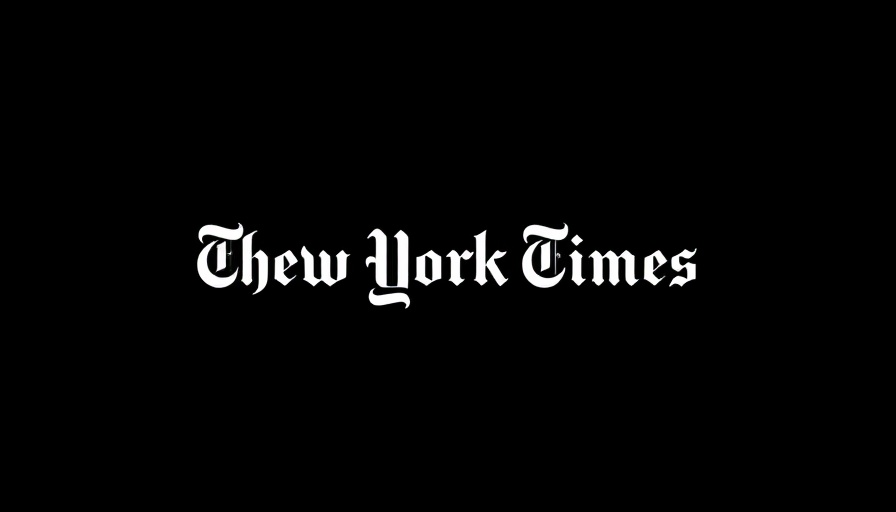
Trump and Newsom's Fiery Exchange: A Snapshot of Political Tensions
In an unprecedented display of political hostility, President Donald Trump and California Governor Gavin Newsom traded barbs following the deployment of National Guard troops to Los Angeles amid protests against federal immigration policies. The clash highlights not only the feud between two prominent political figures but also the broader implications of such confrontations in today's polarized political climate.
The Context of the Conflict
The escalating tensions between Trump and Newsom come after a series of protests in Los Angeles, where residents voiced their opposition to immigration raids authorized by the federal government. These protests were further fueled by Trump's unilateral decision to dispatch National Guard troops to the area, a move made without state support or consultation with Newsom.
The backdrop of this conflict is particularly significant, as it underscores the friction between the federal government and state leaders, especially in states like California that prioritize progressive policies. Newsom, often seen as a potential challenger to Trump in future elections, has taken a firm stance against federal immigration enforcement, representing the sentiments of many California residents.
Social Media Showdown: Modern Political Warfare
The current feud also illustrates the evolving nature of political discourse in the age of social media. Newsom's immediate response to Trump's comments via Twitter (known as "X" as per the latest branding) reflected a strategic approach designed to mobilize public sentiment against the President's remarks. By repeating Trump's comments about arresting him, he aimed to highlight what he described as Trump’s departure from democratic norms.
This strategy of public engagement is emblematic of the current political landscape where social media acts as a battleground for airing grievances and garnering public support. With both leaders leveraging platforms like Twitter to communicate directly with the electorate, we are witnessing a new chapter in political communication.
The Fallout: Authoritarianism and Governance Debates
The key statement from Newsom, describing Trump’s call for his arrest as an "unmistakable step toward authoritarianism," captures a larger debate about the nature of governance in a democratic society. Critics of Trump argue that such rhetoric, which targets state officials, poses a fundamental threat to the balance of power and democratic norms.
Conversely, Trump's supporters might view his comments as a necessary critique of what they perceive as Newsom's failures in managing California's governance, particularly in addressing issues such as wildfire management and housing crises. This highlights the stark divisions that persist in American political dialogue, creating an environment where each side feels justified in their aggressive rhetoric.
What This Means for Future Governance
The implications of this feud extend beyond personal insults; they reflect a growing trend in American politics where political leaders treat disagreement as a conflict that must be publicly resolved. With public sentiment increasingly swayed by social media narratives, such exchanges could set a precedent for how future political disputes are addressed.
As the 2024 election approaches, voters will increasingly scrutinize the effectiveness and civility of their leaders in navigating such challenges. The perceptions of Trump and Newsom may significantly influence their political fortunes, particularly in a state like California where local governance priorities often clash with federal policies.
Looking Ahead: The Political Landscape Post-Feud
The confrontation serves as a potent reminder of the challenges leaders face in upholding democratic principles while also advocating for their constituents. As the fallout from this feud continues, residents are likely to become more engaged in discussions around governance, accountability, and the balance of power.
Moving forward, it will be essential for dialogue to shift from confrontational exchanges to productive discussions that address the pressing issues facing communities, including immigration reform, public safety, and social justice. The residents of California and beyond will be watching closely, as the impacts of such public confrontations will shape the political landscape for years to come.
 Add Row
Add Row  Add
Add 




 Add Row
Add Row  Add
Add 

Write A Comment